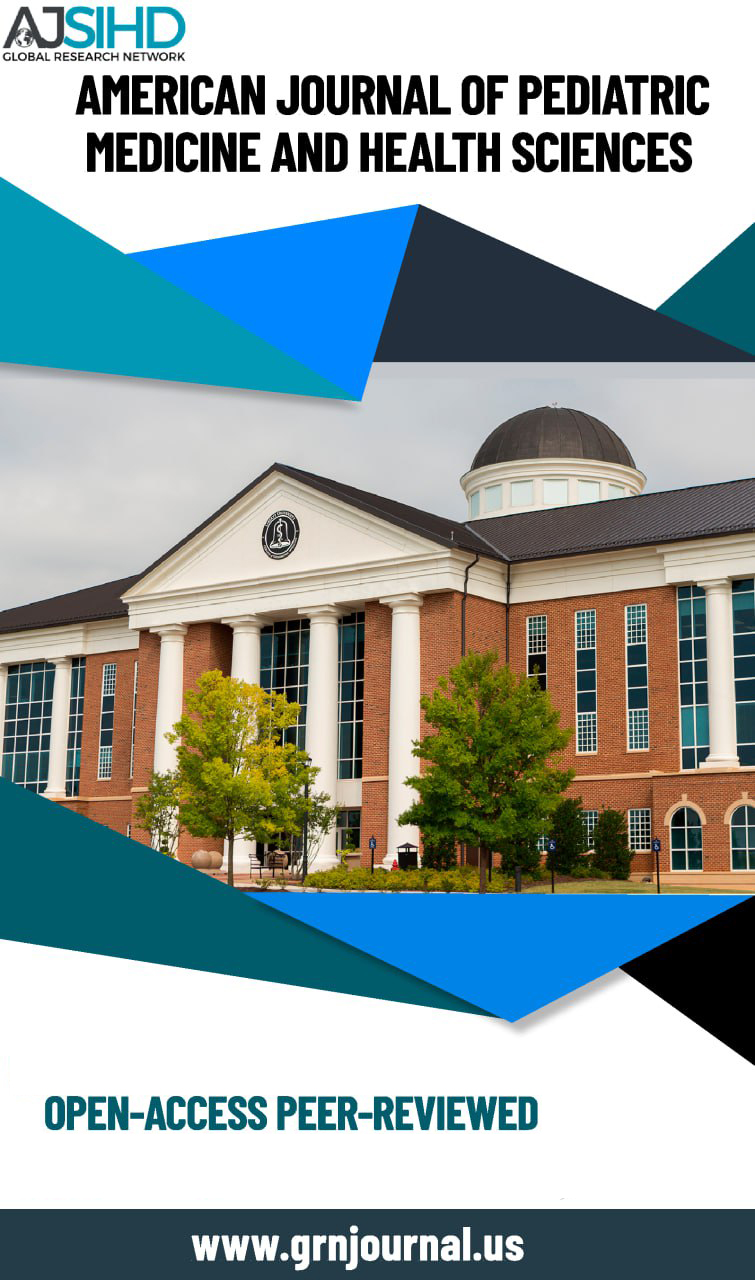Efficacy of Antibiotics in Complex Treatment of Pneumonia or Effectiveness of Modern Antibiotics
Keywords:
Pneumonia, multidrug resistant bacteriaAbstract
Acinetobacter baumannii, Pseudomonas aeruginosa, and Klebsiella pneumoniae are examples of multidrug-resistant (MDR) Gram-negative bacteria. Methicillin-resistant Staphylococcus aureus is primarily an example of Gram-positive bacteria. These bacteria have been reported to exist globally in recent years, which has limited the options for effective antibiotic therapy. For these reasons, delayed prescription filling and incorrect antibiotic medication might have a negative effect, particularly in patients who have pneumonia. Approved new antibiotics fall within antimicrobial groups such as aminoglycosides, oxazolidinones, quinolones, tetracyclines, beta-lactams with or without beta-lactamase inhibitors, or are based on novel mechanisms of action. A wide range of efficacy against MDR microorganisms, good lung penetration, safety and tolerability, and the potential for intravenous and/or oral formulations are just a few of the many benefits these novel compounds exhibit. Nonetheless, the novel antibiotics in development offer a significant potential defense against illnesses that are challenging to treat.



